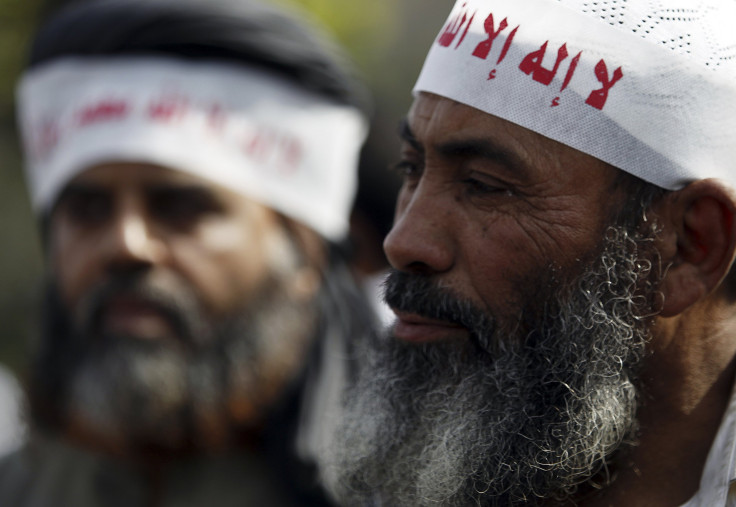Philadelphia Schools Sued By US Government For Religious Discrimination Over Beard Policy

The U.S. government sued Philadelphia’s school district Wednesday for discriminating against an employee who refused to trim his beard for religious reasons.
The federal lawsuit, filed in U.S. District Court by the Department of Justice, refers to the Philadelphia school district's grooming policy from 2010, which requires police and security officers to sport beards no longer than one-quarter of an inch, and reportedly states that the officer in question, Siddiq Abu-Bakr, a long-time school police officer, and a member of the Islamic faith, keeps an untrimmed beard longer than one-quarter of an inch as a sign of respect to his religion.
The government lawsuit is seeking to have the school district implement new grooming policies that would prevent employees from being discriminated based on their religious beliefs. According to Reuters, a Justice Department statement said that Abu-Bakr has maintained an untrimmed beard during his 27-year-long employment with the school district "without evidence that the maintenance of an uncut beard has interfered with his job performance.”
The statement also claimed that when Abu-Bakr refused to trim his beard because of his religious belief, he was issued a written reprimand. Abu-Bakr filed a charge of religious discrimination with the federal Equal Employment Opportunity Commission, or EEOC.
The local EEOC office's district director, Spencer H. Lewis Jr., reportedly said: "No employee should be forced to violate his religious beliefs in order to earn a living."
Grooming policies that conflict with religious practices have been a matter of concern in institutions in other parts of the country. In January, the Pentagon reportedly decided to ease its rules on beards and turbans in the U.S. Army.
Acting Assistant Attorney General for the Civil Rights Division Jocelyn Samuels reportedly said: “Individuals should not have to choose between maintaining their jobs and practicing their faith when accommodations can be reasonably made.”
© Copyright IBTimes 2024. All rights reserved.





















